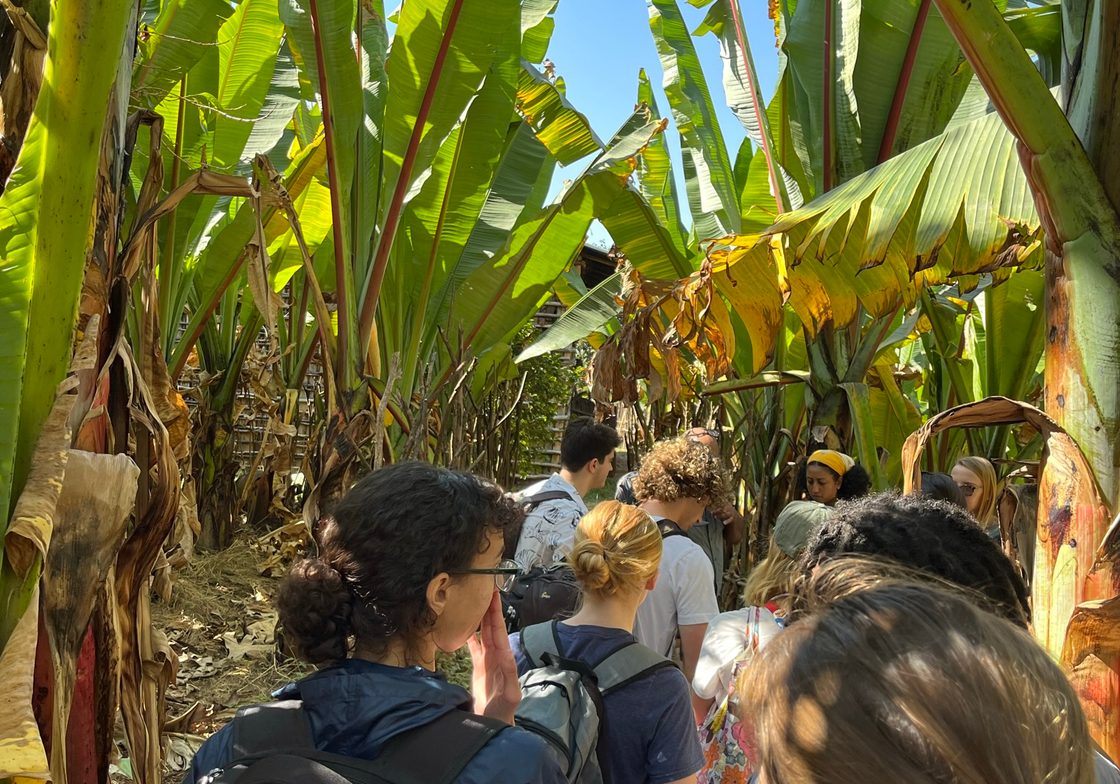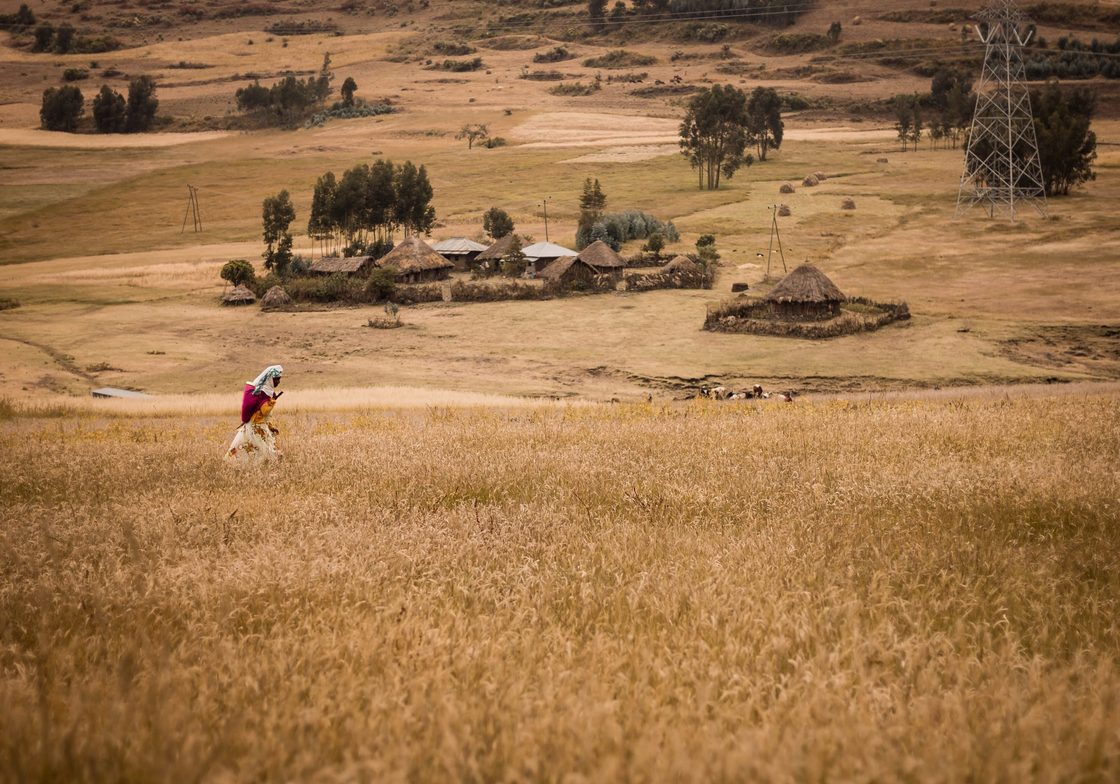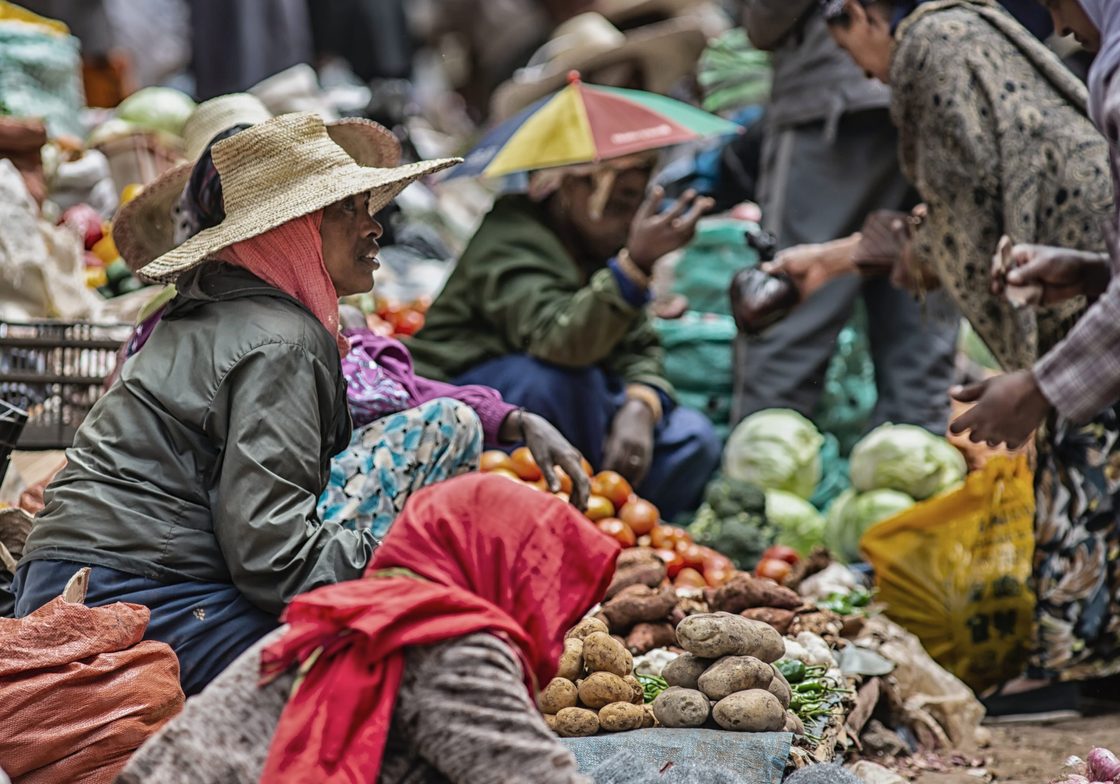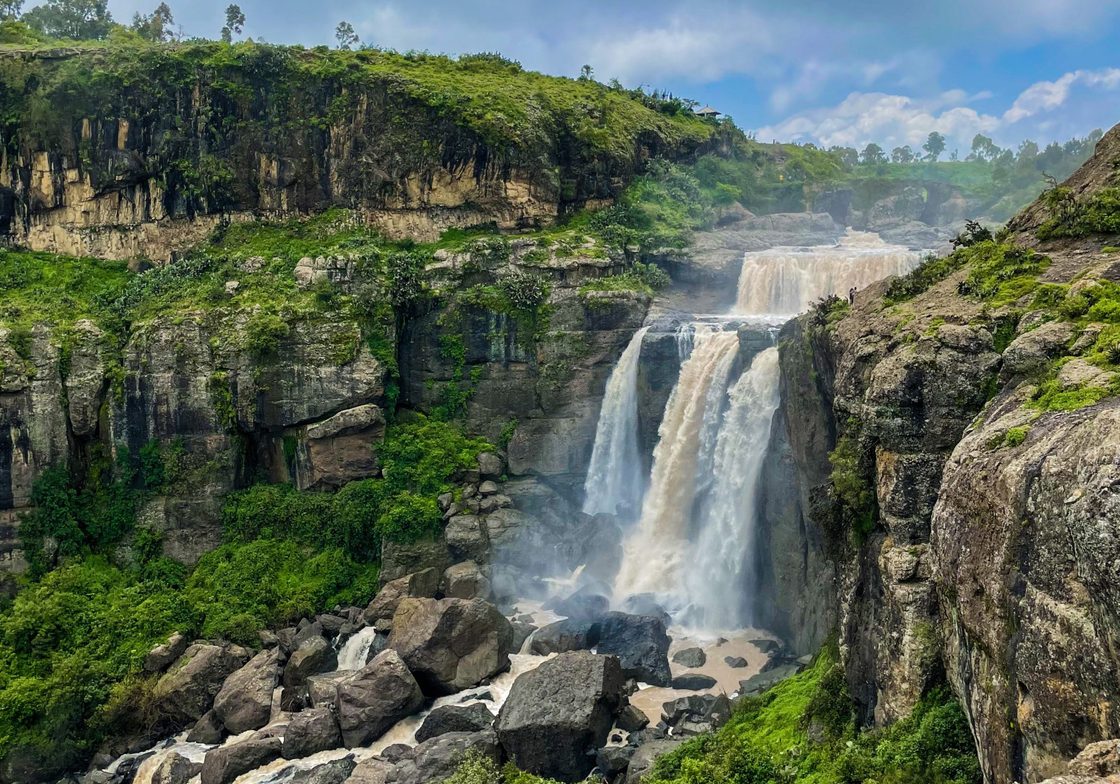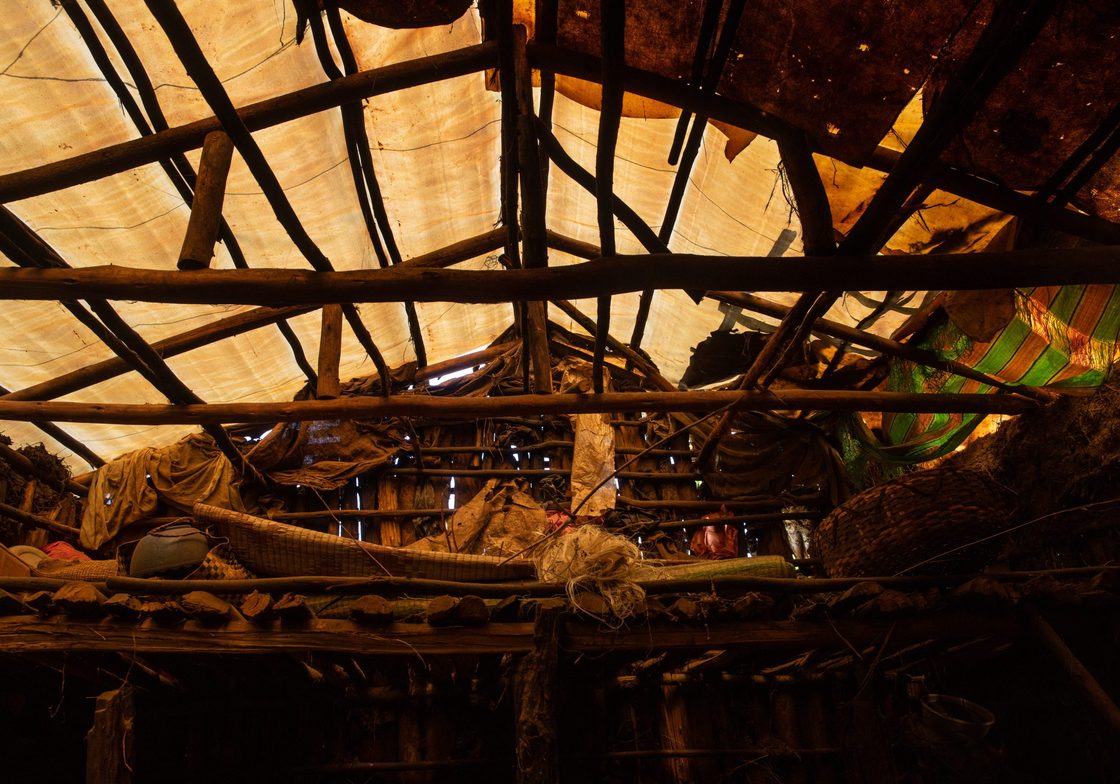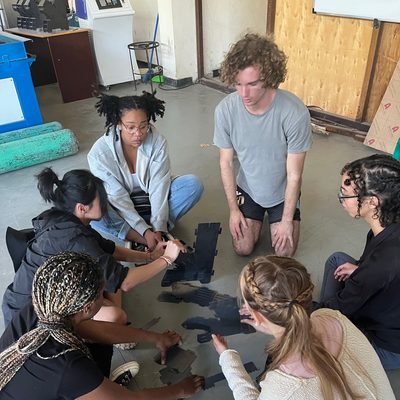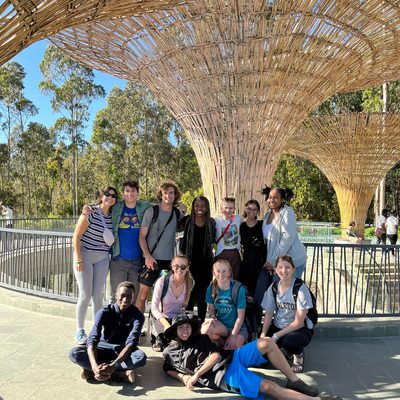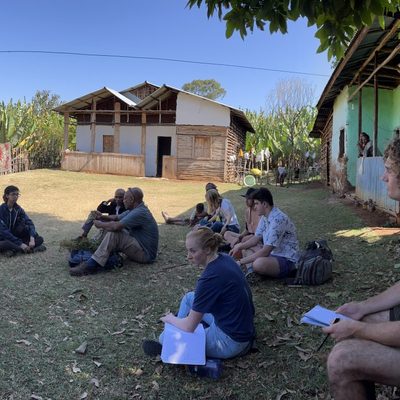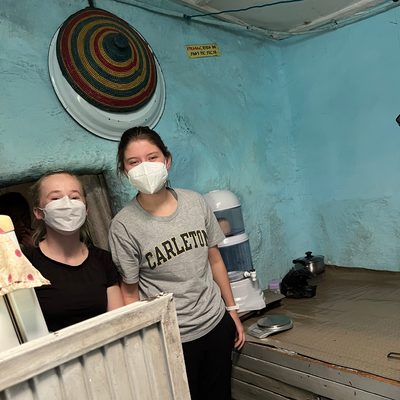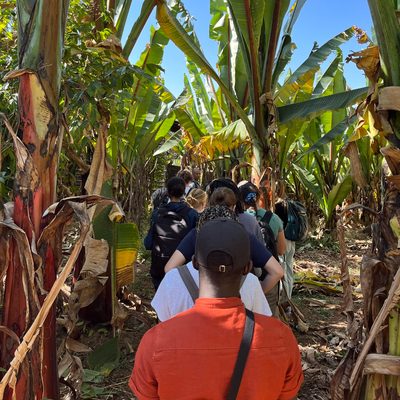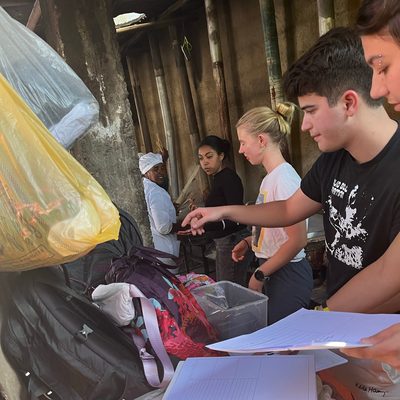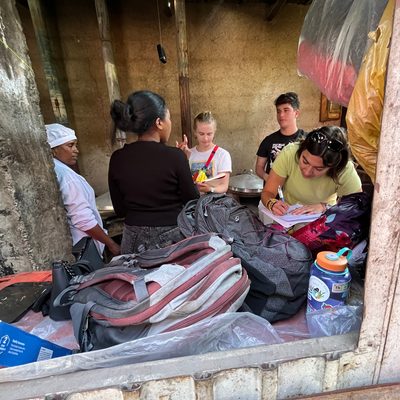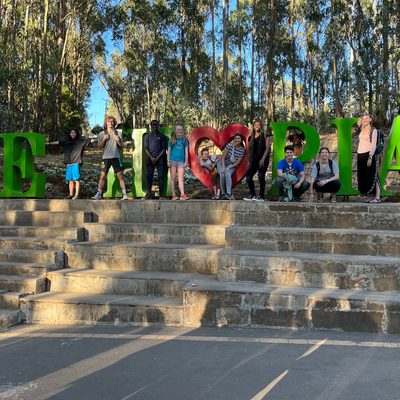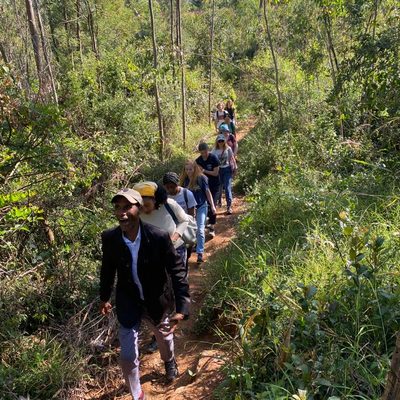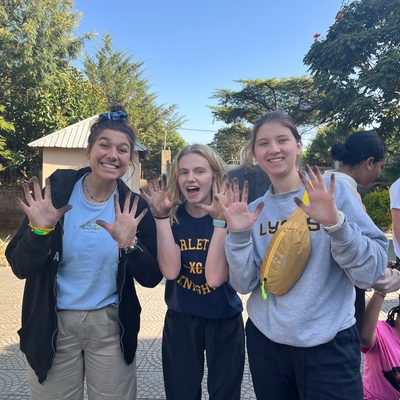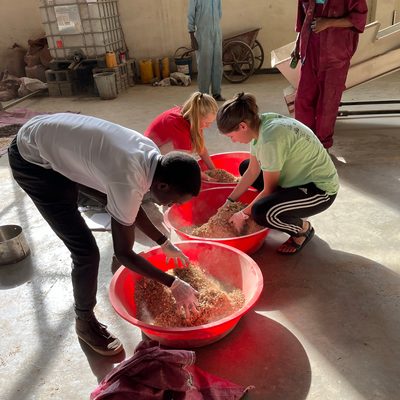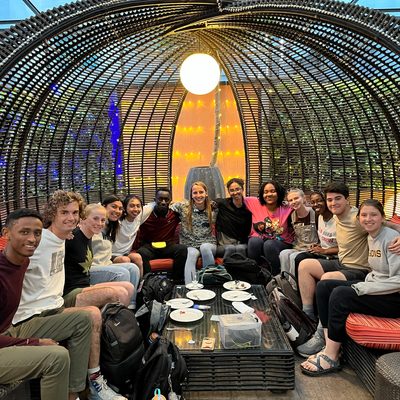Winter Break 2024 – PROGRAM C A N C E L L E D
Climate change is dramatically impacting our environment and society. In addition, there are direct impacts on human health. In this program, we will explore some of the linkages between the changing climate and human health, with a specific case study of the impact of household energy choices in Ethiopia.
Message from Faculty Directors
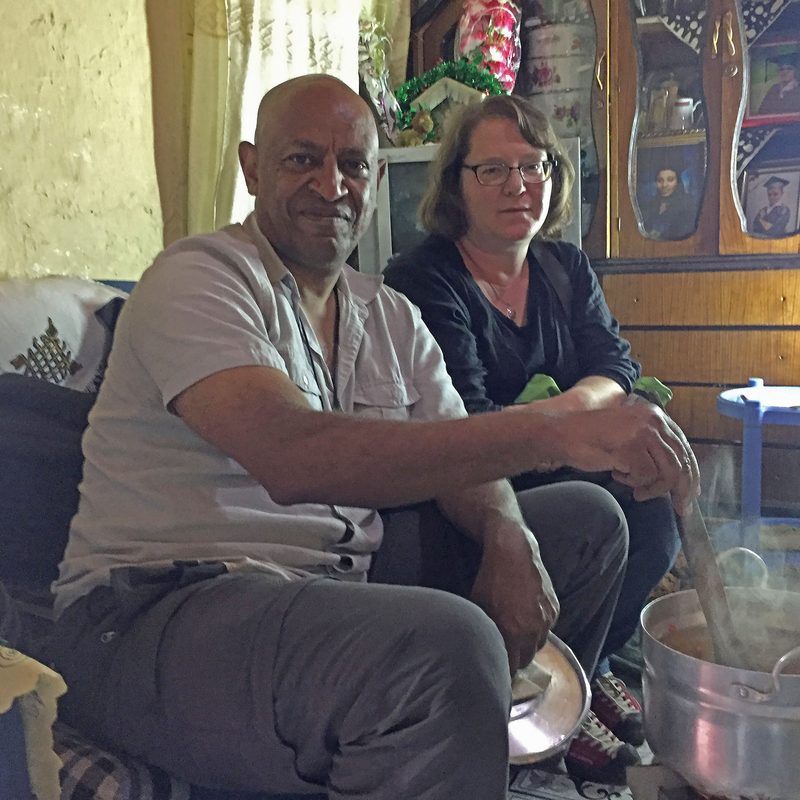
If you are interested in working on solutions to global-scale problems like climate change on the human level — focusing on how climate change impacts the health of individuals and communities — this program will be a great opportunity for you. We are eager to collaborate with students who want to learn about these complex issues through working on tangible solutions related to the specific challenge of clean cooking.
Ethiopians are among the ~3 billion people, worldwide, who typically cook using biomass fuel such as wood, charcoal, animal dung, and crop waste. We have been working with Carleton students and others for the last many years to understand the impact of providing cleaner stoves and fuels on the environment as well as on the health of cooks in Ethiopia who are typically exposed to high levels of smoke.
As a participant in this program, you and your fellow students will develop and carry out a research project related to climate change, health, cooking, and environmental impacts. Your own interests will guide you as you develop your project as one component of our fall term ENTS 289, Climate Change and Human Health course. You will work on your project during approximately two weeks in Ethiopia during winter break, while also getting to know residents of Addis Ababa and Wolkite, where we will work. When we return in the winter, you and your team will analyze your findings and present your findings to appropriate stakeholders.
We welcome your participation in this program and in the ongoing work that we are doing related to clean cooking. We hope that you will gain many things from this experience, especially the knowledge that you can contribute to solutions to complex global problems.
Academics
Learning Goals
By the end of this course, we expect that students will be able to:
- Qualitatively and quantitatively describe major scientific principles which contribute to the Earth’s climate system.
- Describe some of the global, regional, and local human health impacts that are currently attributed to human-caused climate change.
- Apply a scientific understanding of the climate system in other situations, whether their future research, other courses they take, their assessment of policy, or their own personal choices.
- Articulate the challenges faced by people in multiple contexts (both urban and rural) when addressing climate issues.
- Gather data on air quality inside and outside people’s homes, to assess the impact of various cooking technologies.
- Understand the cultural context of food preparation by cooking at least one traditional Ethiopian dish on a biomass cookstove.
- Interpret the combined qualitative and quantitative data sets that they have acquired to obtain a fuller picture of energy use in rural and urban households in Ethiopia.
Prerequisites
One introductory lab science class (Bio 125 or 126, Chemistry 123 or 128, any 100-level Geology, or 6 credits from Physics 131–165) and one math or statistics class (Math 111, Math 215, Stats 120 or higher), or consent of the instructor.
Students should have a demonstrated interest in learning about climate change and human health using both a scientific and a hands-on approach. A willingness to work in unfamiliar and challenging conditions is imperative.
Course of Study
12 Credits
ENTS 289: Climate Change and Human Health (6 credits)
This course will survey the relationship between climate change and human health. The course will begin by exploring the science of the Earth’s climate before turning to an exploration of topics that illuminate the intimate relationship between climate change and human health. These include short-lived climate forcers and the climate and health impact of mitigation measures, extreme heat/drought, mosquito-borne diseases, indoor air pollution/biomass combustion/cookstoves, and biodiversity conservation. Project proposals for the off-campus component will be developed. This course is part of an off-campus winter break program involving two linked courses in fall and winter terms.
Instructors: Deborah Gross and Tsegaye Nega
Prerequisites: One introductory course in Biology 125 or 126, Chemistry 123 or 128, any 100-level Geology, or Physics (two five-week courses or one ten week course from 131-165) and Math 111 or 215, or consent of the instructor 6 credits; Social Inquiry, Quantitative Reasoning Encounter
CHEM 289: Climate & Health: From Science to Practice (6 credits)
This course will start with a multi-week trip to Ethiopia. While there, we will carry out a research program to assess the impact of cooking technologies on air quality in peoples’ homes, investigate the connections between regional and national environmental impacts and individual choices, and meet with national and international organizations working on these issues. We will work in both urban Addis Ababa and a rural area, Wolkite, to explore both types of settings. Back on campus during winter term, we will reflect on our experiences, analyze data, prepare and make public presentations, and propose appropriate follow-up projects.
Instructors: Deborah Gross and Tsegaye Nega
Prerequisite: Enrollment in ENTS 289 the term before. 6 credits; Quantitative Reasoning Encounter
Program Features
Housing
Students will stay in hotels.
Excursions
Students will travel to Wolkite.
